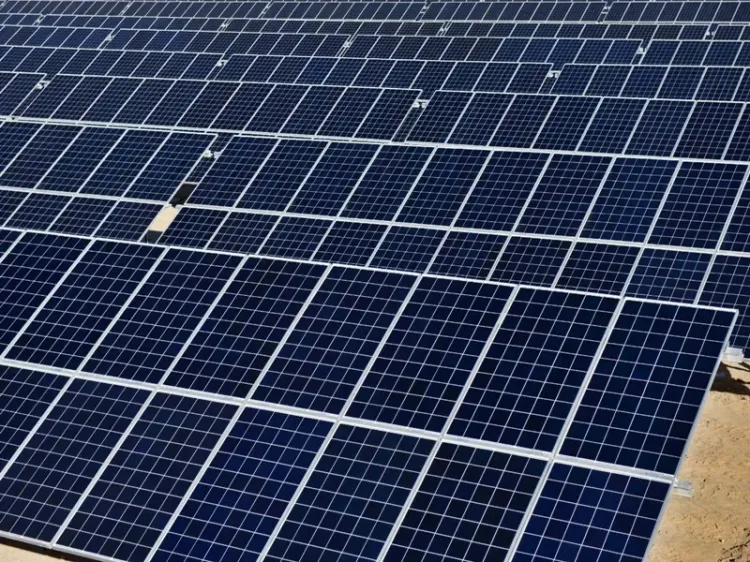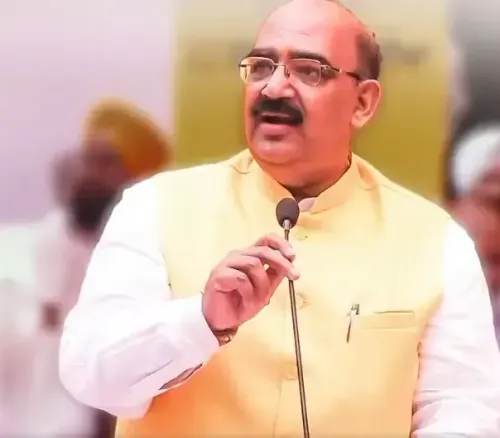CISF Embraces Sustainability with Solar Panel Installations at 16 Locations

Synopsis
Key Takeaways
- Installation of 3,281 KW rooftop solar plants.
- Completion targeted by October 31, 2025.
- Existing capacity of 1990 KW at 4 campuses.
- Total capacity will reach 5,271 KW post-installation.
- Implementation under RESCO model.
New Delhi, Feb 10 (NationPress) In alignment with the government's ambitious initiative to enhance solar energy production and foster a carbon-neutral economy, the Central Industrial Security Forces (CISF) are poised to implement rooftop solar panels at 16 of its campuses spread across 11 states.
The CISF formalized a Power Purchase Agreement (PPA) with NTPC Vidyut Vyapar Nigam Ltd (NVVN) on Monday to establish 3,281 KW rooftop solar power systems at these campuses by October 31, 2025.
This initiative signifies a crucial advancement towards promoting renewable energy and achieving sustainability through green energy solutions. It also supports the government's vision for enhanced energy security and a more eco-friendly future.
Importantly, this effort complements existing projects totaling 1990 KW, already installed at 4 CISF campuses, including RTC Arakkonam (TN), Mahipalpur Campus (Delhi), RTC Behror (Rajasthan), and 8th RB Jaipur (Rajasthan).
Once the new installations are completed, the cumulative solar power capacity across all CISF campuses will amount to 5,271 KW.
The 16 CISF campuses designated for solar power installations encompass 3 in Uttar Pradesh, 2 each in Madhya Pradesh, Rajasthan, and Chhattisgarh, and 1 each in Bihar, Jharkhand, Tamil Nadu, Karnataka, Gujarat, Odisha, and Telangana.
The Ministry of Home Affairs (MHA) has tasked NVVN with overseeing the project implementation under the Renewable Energy Service Company (RESCO) Model for the establishment, operation, and maintenance of rooftop on-grid solar facilities across all Central Armed Police Forces (CAPFs).
Through this model, the capital investment will be covered by NVVN, while the department will only be responsible for the payment of electricity generated at a predetermined tariff rate throughout the 25-year agreement period.
NVVN aims to finalize installation and initiate operations of the Solar Power Plant by October 31, 2025.
“We are committed to environmental protection, cost efficiency, and self-sufficiency in energy use, making this effort a vital milestone in India's pursuit of a cleaner, more sustainable future,” the CISF stated in an announcement.









